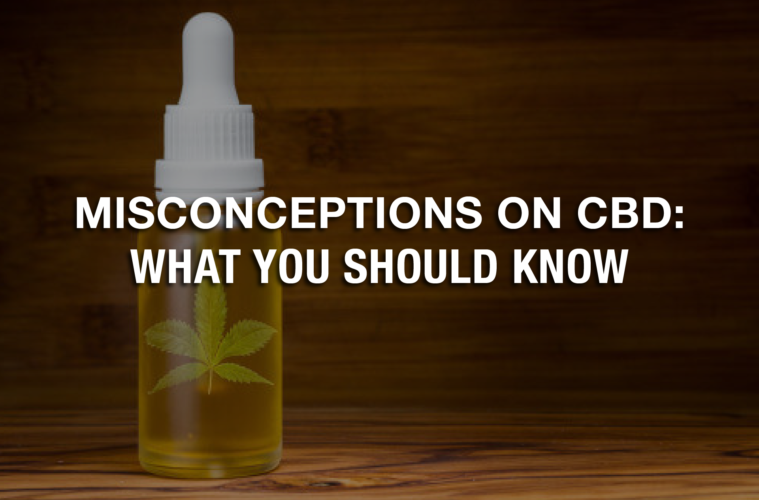This article was originally published on Hemp Products Heal. To view the original article, click here.
The CBD market is growing as you read this! Each year the industry is adding in a few more billions to the overall value of the market, and the analysts unanimously agree that the industry could be well worth $7 billion by 2022.
There are many reputable brands that are carving out a piece of the proverbial CBD pie, and in the coming years, they are only expected to grow, looking at the demand. But all of that aside, apart from the growing demand, how much do we actually know of CBD? Research is being done at full steam and there is word that it could be touted as the viable safe replacement to prescription drugs that have a long list of side effects. CBD could be the go-to herbal medication for conditions like Parkinson’s, sclerosis and epilepsy.
The public perception of CBD has changed, but there lies the fact that CBD is the distant cousin of marijuana. Although they are distinctly different, people are still only migrating towards CBD with a skeptical view.
In a new industry such as CBD, there will always be alleyway rats that will be peddling you snake oil under the guise of the all-purposeful CBD. There are a few misconceptions that are still on the minds of many. Let us tackle them down:
CBD Is Not Psychoactive
Those who say that CBD is not ‘psychoactive’ don’t understand what that word means. It is often misunderstood with the intoxicating effects. This is not the case.
A substance is said to be psychoactive if it affects a person’s mood and behavior. What this means is that CBD is indeed psychoactive, as there is no shortage of research that has shown a myriad of benefits that CBD has, from acting as antidepressants to an anxiety-reducing herbal medication.
The right way to put it would be to say that CBD is non-intoxicating. This means that the user will not have any symptoms of being ‘high’- which is a trademark of the infamous THC present in marijuana.
CBD Is Not Regulated
It wouldn’t be right to throw the FDA (Food and Drugs Administration) under the bus, by saying that they don’t regulate. Ever since the Farm Bill (2018) was passed, the FDA has been the governing supplements, cosmetics, food and drugs that contain hemp.
It was the FDA that recently approved the use of Epidiolex, which is a highly purified form of CBD and Sativex, which is a drug that contains both CBD and THC. Although the FDA doesn’t completely regulate CBD, it has approved the legal use of two drugs that have it.
CBD Is Legal In All Of The States
As per the Farm Bill, it is legal to grow and distribute industrial hemp. It is the hemp that contains no more than 0.3% of its total dry weight in THC (the intoxicating substance in marijuana). CBD can be obtained from both hemp and marijuana, but marijuana is still considered a controlled substance.
What this means is that CBD derived from marijuana is illegal, where marijuana is illegal. If you are in California, then you are in luck as both have a green sign.
You should also keep in mind that there is no guarantee that you will pass the drug test if you consume full-spectrum CBD products. The safer bet would be to consume broad-spectrum CBD or isolate form of CBD if your local laws are strict.
The Research On CBD Is Still Up In The Air
We would be wrong to say that there have been huge numbers of clinical trials. CBD has been studied all over the world, everywhere from Brazil to the UK, and the results have been substantially positive. The list is long and now that the federal ban on CBD has been lifted, there is the expectation that the innovation and research in the field will open up new doors and opportunities. The potential for the herbal supplement is only at the beginning stages of being tapped.
The CBD Market Is Dodgy
There is no shame in saying that the CBD market is still very much unregulated. There is not short of con men and shady suppliers who are ready to make a quick buck at the consumer’s expense. But just because the market is still finding its feet, doesn’t mean that the compound on its own is not effective. The anecdotal evidence of the satisfied and happy consumers of CBD is proof enough that there is truth and credibility to it, and in what it can do for you.
The onus is presently on the buyer, to sieve out the poorly processed CBD products that don’t adhere to needed safety standards. Since the market is still to be under the complete watchful eye of a regulatory body, the user must read up and research on getting what is best for them.
Advertising disclosure: We may receive compensation for some of the links in our stories. Thank you for supporting Irvine Weekly and our advertisers.


